Liverpool remains a Michelin star desert. But are we getting our just desserts?
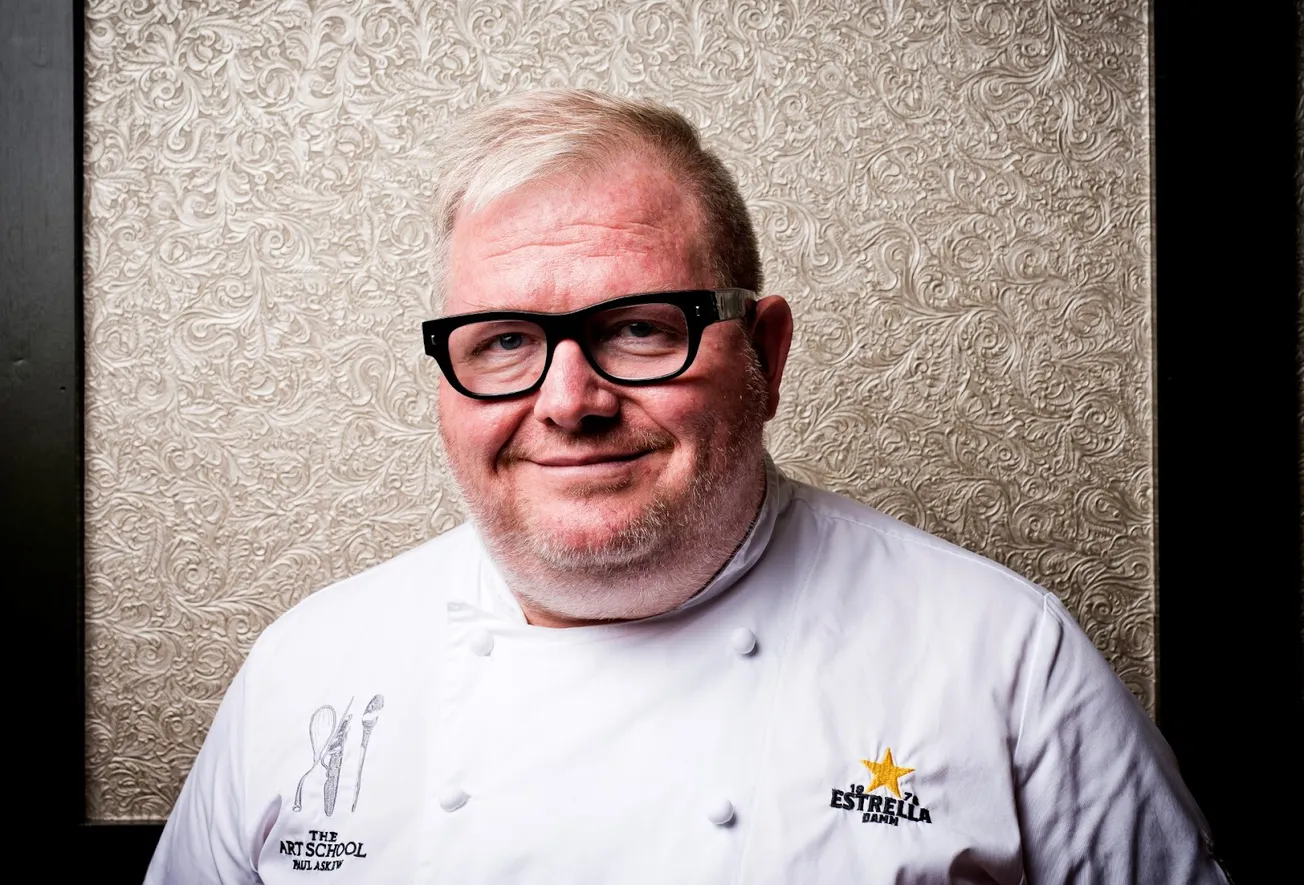
‘If I got a quid for every time someone from outside the region defined us by a bowl of Scouse’
Aughton, West Lancashire. 8,068 people. Three restaurants. Four Michelin stars. That translates to a star per 2,017 residents. More than ample space for every single person in Aughton to eat several Michelin star meals a year without having to get in the car, were they so inclined to organise themselves into a big rota and refuse to let anyone else in. Unlikely, in practice, but remarkable nonetheless.
Hemmed in as it is by farmland, populated by men in Barbour jackets with faithful hounds, Aughton is only a 30-minute drive from north Liverpool. And it’s close enough to Sefton that the residents of Maghull can likely smell the Michelin-quality broths wafting over their borders and into their gardens.
But despite the bizarre culinary superstardom of this diminutive West Lancastrian enclave, Merseyside’s relationship with the influential Michelin guide is less glittering. Wirral did have a star — Marc Wilkinson’s Fraiche — before it relocated from Oxton to Shropshire earlier this year, running off with our main claim to culinary greatness in the process.
Liverpool has never had one. Not once. The Aughton trio — Moor Hall, The Barn at Moor Hall and Sōlō — might have L39 postcodes, but that doesn’t really count. Our city remains as ever a Michelin-free zone.
And yet, this year’s Michelin Guide reflected something fine diners around the region have known for a while: Liverpool is on the up in the culinary world. It has six restaurants in the Michelin guide (a lower status than having a star), more than ever before, plus the booklet features one in Birkenhead and one in Southport.
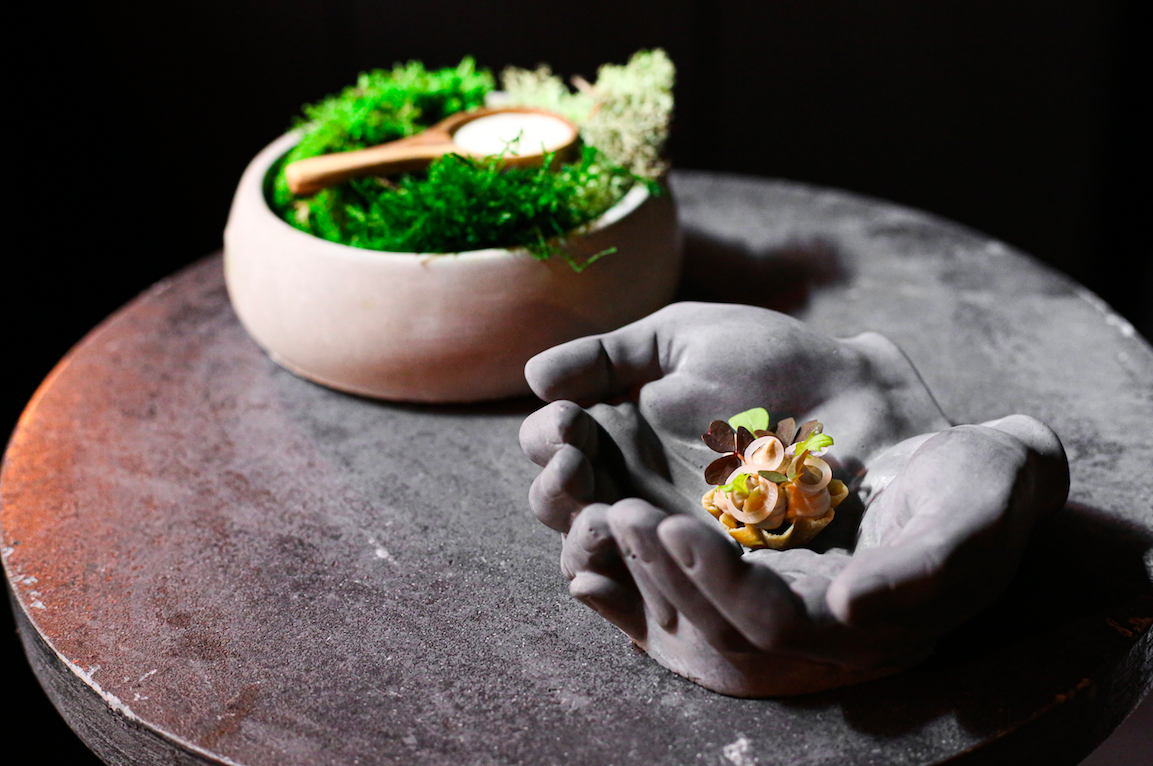
There is, of course, an important question that prefaces all this: does it matter? To a growing cohort, Michelin is anachronistic, synonymous with the days when quality dining meant white linen and deferential treatment; moustachioed sommeliers and the need to obey a code of etiquette that seems at best quaint, at worst extremely tedious.
And there are other criticisms of the system — that the Michelin awards force restaurants to abandon new ideas in favour of ones they know will play well; that it’s daft to assume that one organisation could keep tabs on all restaurants the world over; or even just that no one wants “a French tyre company lording it over us”. In spite of all that, it remains the dream of most quality restaurants, including some of the most expensive dining establishments in Liverpool.
And there’s the other snag to even having this conversation. There’s a famous cautionary tale in culinary circles about two acclaimed Manchester chefs, Simon Rogan and Aiden Byrne, who went head to head in a TV programme in 2014 entitled Restaurant Wars: The Battle for Manchester, which was essentially about them both trying to win the city’s first Michelin star. Michelin was said to be deeply offended at the programme, and the use of their organisation as a gimmick. Ever since, chefs have been wary about being seen to publicly court Michelin stars. They keep their aspirations guarded.
Manchester finally got its star in 2019 via Scandi-inspired Mana and its young head chef Simon Martin, a talented and mercurial character accused in an unputdownable long read published by our sister newspaper The Mill of embellishing his CV, punching his staff members and brutally decapitating eels in front of his horrified colleagues.
Obviously we would never sink to those levels of depravity, but having said that… Liverpool would dearly love to have its own version of Martin. According to James Bates of Maray — an independent restaurant group serving delicious Middle Eastern-inspired food at three sites in Liverpool and one in Manchester — a group of the city’s chefs meet up around once a month. It isn’t a discussion “every time”, he assures me, but it does come up.
When Paul Askew arrived back in Liverpool from America in 1995, there wouldn’t have even been a conversation about Liverpool and Michelin stars. The city’s regeneration had yet to take off and its food scene was even further back. Over the subsequent decades, Askew became one of the pioneering figures in changing that. He has The Art School, one of the most iconic fine dining spots in the North West, plus Barnacle upstairs at Duke Street market. Both feature in the Michelin guide.
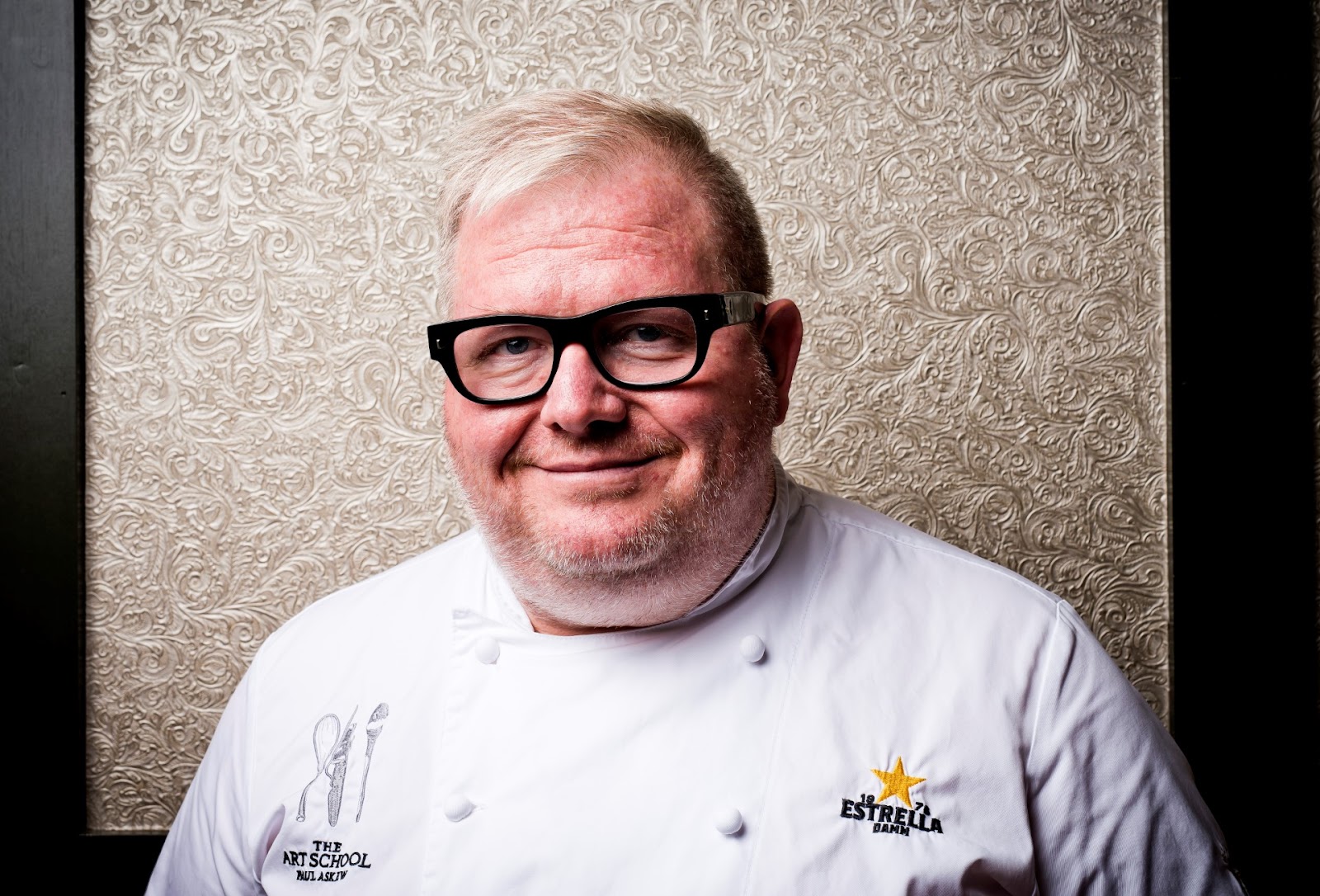
For Askew, it’s a point of civic pride, and would symbolise something bigger about how Liverpool has changed over the past 30 years. “I want it more for the city than my personal vanity, it’s about Liverpool’s food culture development,” he says. The point he’s making, I think, is that how a city eats speaks to something broader about who we are and how we live (oh, and how much money we have). It would represent an image shift for the city.
It’s an image, perhaps, that derives a little from the days before Askew had even returned from the States. Of parochialism and narrow-mindedness. An image that doesn’t reflect the Liverpool of today much at all, but one that continues to stick. “If I got a quid for every time someone from outside the region defined us by a bowl of scouse,” Askew laughs. “And don’t let me decry a bowl of scouse! It might be nice for bonfire night. But that’s what defined [Liverpool] back when Liverpool had no money and no chance to go out. Things have changed”.
Of course, there’s a danger you can end up going the other way. Manchester’s turbo-fueled regeneration has seen a recent embrace of restaurants at the glitzier end of the spectrum: like Sexy Fish, a new venue decked out with swordfish designed by Damien Hirst, which recently opened to a delighted crowd of former Real Housewives of Cheshire. Some of the best high-end restaurants in Liverpool derive their appeal precisely by steering clear of that kind of gaudiness. Bates at Maray describes it as “a certain level of fanciness but also an honesty, no thrills but very high standards”.
Maybe that’s a reflection of economic factors — Liverpool probably has fewer wine-fueled business lunches to service, fewer influencers and their entourages — but it also likely works to the city’s advantage. Restaurants like Manifest, where incredible food arrives without the need for an extensive and convoluted backstory tracing the long-gone antecedents of the cow currently nestled beneath a bed of peas on the plate. As we described it at the time, Manifest “is a place for people who love food — a subset smaller than those who love taking pictures of food”. Manifest’s Paul Durand says he travelled a lot around Europe and drew from that: “[I was] inspired by the more casual approach to dining — making it more of an everyday occurrence”.
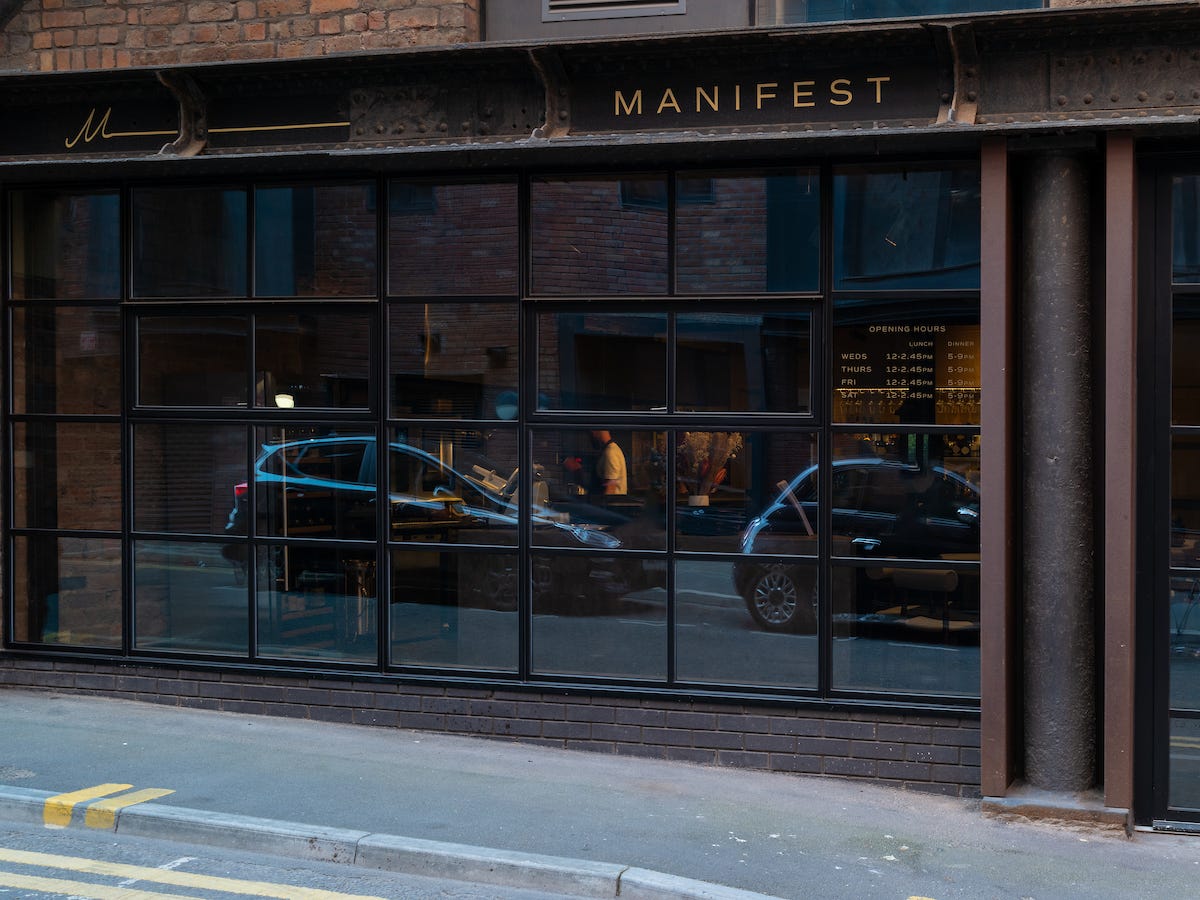
Whether that everyday-ness, a theme for a few of Liverpool’s best restaurants, causes it to escape the Michelin attention remains to be seen. Industry insiders will often say that the parred-back simplicity of some of Liverpool’s best venues is probably part of the reason for the lack of Michelin interest. But Manifest has won accolades already in its short life (it has two AA stars) and does feature in the Michelin guide.
When Durand started cooking in his late teens, he knew his progression would eventually hit a ceiling in Liverpool. “There wasn’t much out there if you wanted to learn,” he says. “You had to move away to train”. He worked as a stagiaire (an industry term for a chef who works, briefly, for free in a high-quality kitchen to earn his stripes) in Oxford, before moving on to a Michelin-star restaurant in Edinburgh and forming part of the opening team at Moor Hall, one of the Aughton stable, which currently has two stars and many believe will add a third. After all of that, Durand arrived back in Liverpool with a desire to implement what he had learned on his travels. Were he to be starting out again now, there might be no need to leave in the first place.
According to most, the current leader of the pack is Andrew Sheridan, who runs the restaurant “8 by Andrew Sheridan” on Cook Street. Sheridan tells me that while Michelin is a “big talking point” it’s not his main motivator. “I am primarily interested in having contented diners and a busy restaurant and, I'm pleased to say that so far, I think we are achieving that,” he says.
His restaurant has been praised for its innovation, regularly described using words like “progressive” and “immersive”. The food is, by all accounts, sensational, but it's also the restaurant in the Liverpool scene which leans more towards craftsmanship — the art of cooking. It’s a chef’s table experience, meaning the guests all dine together, set to a bespoke soundtrack. Sheridan has been bullish in the past about naysayers who claim Liverpool doesn’t need such a restaurant. He told LiverpoolWorld that such people were “clueless” and “best going to Toby Carvery or McDonalds”.
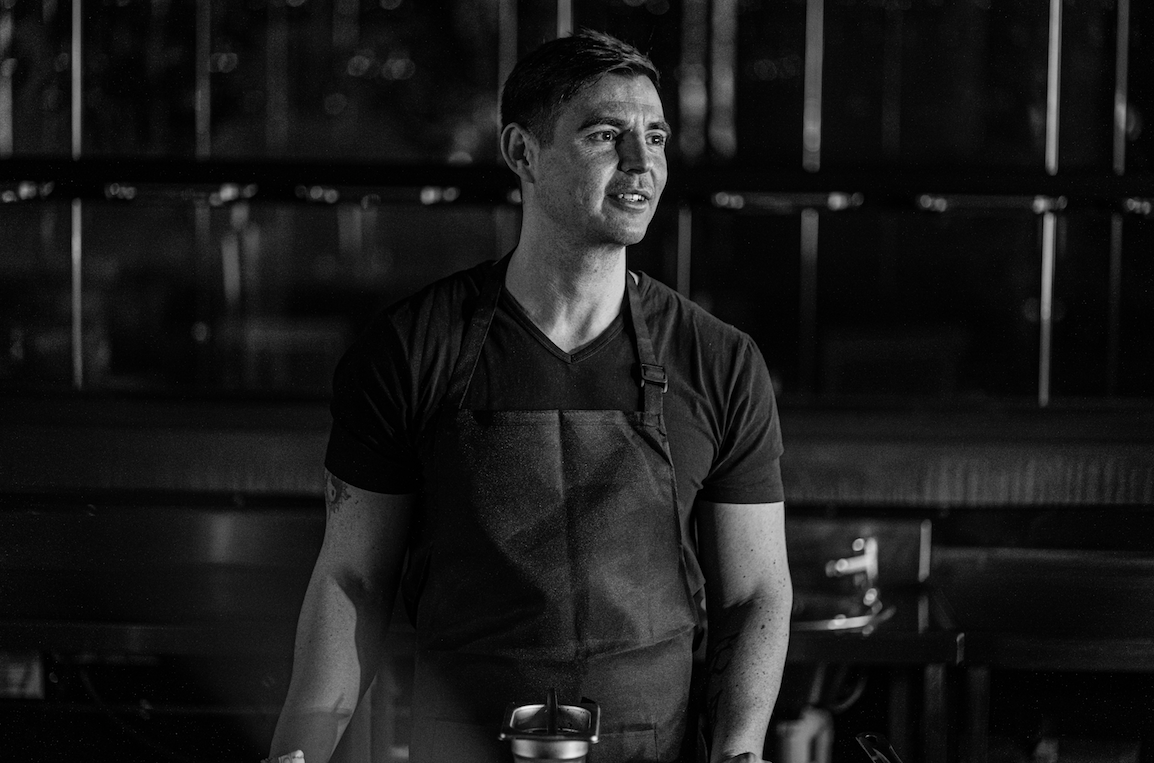
Sheridan is from Liverpool originally. He moved 8 across from Birmingham, a city which also had to wait for attention from Michelin, before Simpsons popped up in 1993 and a number followed in its wake. That’s often the way, as though once a city is validated the judges feel more comfortable recognising its other venues.
When it comes to Liverpool, it will only be awarded to one restaurant, but it probably needs all of them to deliver it. As one chef, speaking off the record, tells me about the Michelin judges: “They have to have confidence in a city that it will be able to sustain a star or more than one star. In the whole scene. There’s always a little postcode snobbery”.
To Sheridan it's just as important for the city of Liverpool to be on the culinary map as it is to have a star, but “if it takes one of the city's restaurants to achieve a star to put the spotlight on it as a whole, then that cannot be a bad thing.” The reality, as he acknowledges, is that Liverpool has gone unnoticed in the food world for too long. But the likes of 8, Manifest, The Art School and others, are slowly turning around the tanker.
According to Askew, there’s one thing that could seriously halt that progress. Closures. The economic pain of attempting to run a restaurant over the past few years has been severe. Only yesterday LuBan, an award-winning Chinese restaurant in the Baltic announced closure amid “increasing financial pressures”. Lerpwl, a high-flyer on the Albert Dock, went early in the year. Nationally, 1,406 restaurants shut between in the year to July 2022 according to one estimate. “That would be the only thing to prevent the speed and the quality of development,” Askew says. “We’ve been lobbying local and central government for support and it hasn’t been forthcoming.”
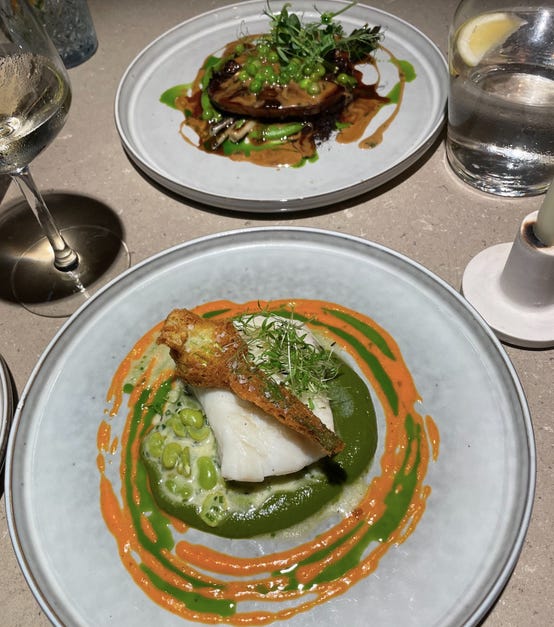
In the past, Bates remembers being fairly hard-nosed about restaurant closures. “It used to be if you saw a closure you’d assume some level of mismanagement,” he says. There was a certain Darwinian selection at play, which while harsh, is inevitable in any competitive market. “But now there are so many reasons a place might shut that have nothing to do with how good it is: being on the wrong side of the street, having to refinance some debt. Whatever it might be”.
Of course, in the context of all these closures — and the wider economic climate which is not just shutting down Michelin-striving restaurants, but driving people to food banks — you might reasonably argue that this whole conversation is a touch detached. But what a star would do, at least according to the contenders, is help change the narrative around Liverpool and food, driving a boost for our entire culinary culture — benefiting those with bespoke soundtracks and those without.
Because it’s always about narratives, at least a little bit. Telling stories. Whether you like it or not, it’s expected that chefs will create a quasi-religious tale of pilgrimage and strife about how they tamed the ingredients before you, crafted them into something unique, and learned something profound about themselves in the process. And it's expected of cities too: the narrative of Liverpool moving from the doldrums of the 1980s to a city that can host a Michelin-quality dining cluster in 2023 is exactly the sort of thing that gets the Americans to step off the cruise ships.
But stem the flow of closures, and Liverpool is on its way to something even more exciting than a tight narrative: a food scene worthy of the city itself. The Michelin-fattened residents of Aughton will be quaking in their wellington boots.

Comments
Latest
The lost department stores of Liverpool
From Simone's to Belzan: How a hospitality magnate seduced Liverpool's tastemakers
Last minute drama, local revamps and Liverpool Doc Club
Is Williamson Square Liverpool's own Times Square?
Liverpool remains a Michelin star desert. But are we getting our just desserts?
‘If I got a quid for every time someone from outside the region defined us by a bowl of Scouse’